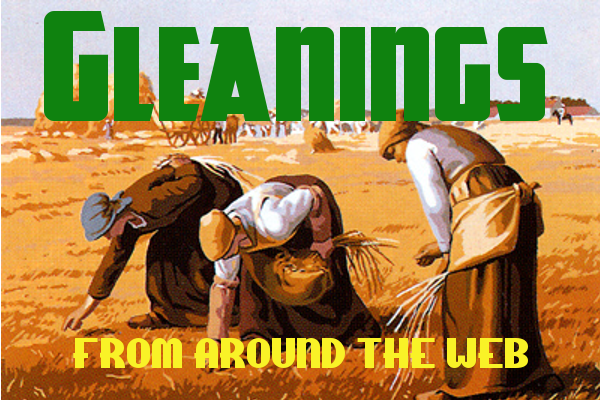This week, three UK academics ask why there is so little discussion of cooperatives in business schools, a situation which they claim contributes to a skills shortage in the cooperative sector, and a lack of education generally about economic alternatives.
Then, we have a short paper on the "recovered factory" movement in Argentina; summarizing its history, development, and results after 25 years.
Cooperatives and Business Schools: Why the Disconnect
by Olga Kuznetsova, Martin Parker & Andrei Kuznetsov
However, one of the problems is the perception of ideological differences. This may become less of a problem because there are signs of change in the language used by businesses which have found their most visible manifestation in the interest in corporate social responsibility, business ethics, corporate purpose, B-Corps and so on. Of course, this is not to suggest that the fundamental nature of business has changed, and we do recognise that such ideas can be used to merely polish reputations. Regardless, the consequences of this shift are potentially enormous. The basic assumption of competitive individualism as the foundation of the capitalist economy has received a powerful and compelling counterbalance which is publicly accepted by the public, governments and firms as an imperative for continued legitimacy. Business education cannot ignore this.
‘Empresas Recuperadas’: Argentina’s Recovered Factory Movement
by Mariah Cannon & Silvia Emili
The WRE movement started when former employees seized control of failed enterprises, eventually restarting them under worker self-management. The workers argued that they had a right to expropriate and run these enterprises, since they had produced the value embedded in the products which lay in the now-abandoned premises. However, in practice this often meant a lengthy judicial process, requiring workers to occupy the premises for weeks or months to ensure their former employers didn’t strip its assets in the middle of the night.
The Life and Legacy of Former USW International President Leo W. Gerard
AFL-CIO — He made it his mission to reverse decades of inequality caused by corporate greed, and fought like hell against bad trade deals that hurt working families and the middle class. And he also made his mark improving and expanding global unionism—from his native Canada to nations across the globe, forging international alliances and other relationships with unions the world over...
Federations Have a Critical Role to Play in Building the Co-operative Ecosystem
CWCF — The Canadian Centre for the Study of Co-operatives’ 2024 Top Co-op Issues Survey Report contained many of the same issues from years past in the top spots, with lack of awareness once again in the lead. Further down the list, however, was a newer issue, one that while not cited by as many people, has implications for both worker co-ops and the co-operative movement as a whole: the evolving role of federations. The report states that “the complexity of business along with increasing costs is forcing co-ops to rethink how to best invest in federations and what roles federations should, in turn, play.”...
MA Cooperators Pursue "Opportunity to Own" Legislation
Coalition for Worker Ownership and Power (COWOP) — The Coalition for Worker Ownership and Power (COWOP) introduces a carefully crafted policy that strengthens the state tax base, as well as the health of local economies across Massachusetts, all while creating new avenues for business ownership: Opportunity To Own. This bill is aimed at maximizing small business continuity when owners sell or transition into retirement - a critical emerging need across Massachusetts - and providing employees the life-changing opportunity to co-own their workplaces...
Beloved Community Incubator is Hiring a Program Manager
Beloved Community Incubator — A challenge to low-income workers accessing the benefits and possibility of cooperatives is the time investment it takes to build a business. So together, in partnership with Muslims for Just Futures, we’re taking the next step: launching an 18-month guaranteed income program in 2027 for 8–10 groups in the DC Metro Area. By pairing guaranteed income with cooperative incubation, participants will have the stability to build strong, sustainable worker-owned businesses. This is about more than jobs—it’s about building a solidarity economy where communities control resources and thrive together. We are looking for someone to lead this work and collaborate across teams around strategy, design, implementation of the program, curriculum planning, administration, and assessment and evaluation, as well as sharing learnings and impact...
Like what you find on GEO?
Make a Donation Today!
Your tax-deductible contribution ensures that GEO can continue to provide independent grassroots content about the cooperative and solidarity economy movements.
Got something to say?
Let us know. Send your comments, suggestions, rants and article submissions to editors@geo.coop.
Follow us on Social Media
Mastodon: social.coop/@GEO_Collective
BlueSky: @geocollective.bsky.social
FB: facebook.com/GEOCollective
Instagram: instagram.com/grassrootsecon
Our mailing address is:
Grassroots Economic Organizing
P.O. Box 115
Riverdale MD 20738-0115




